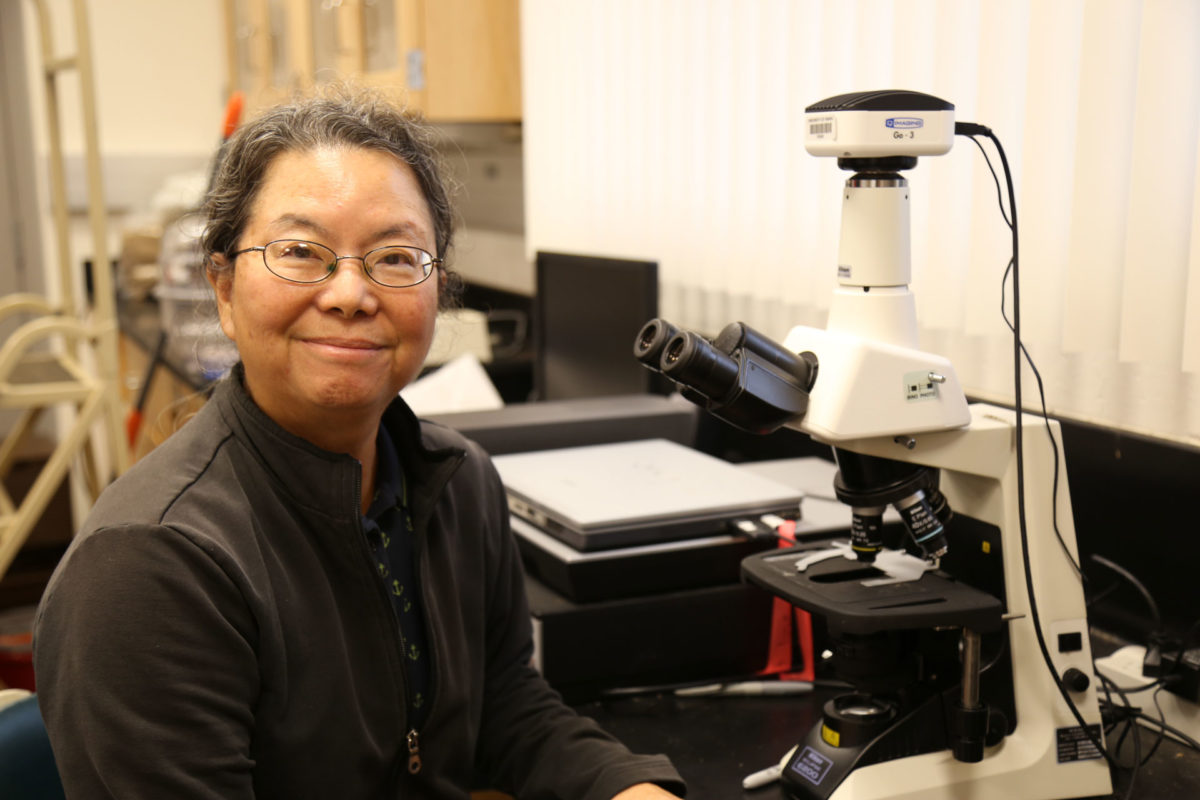Dear Science Allies:
I hope you will join me in celebrating International Women’s Day on March 8. This symbolic day reminds us to consider the important role of women in agriculture, as well as the responsibility we have to meet the needs of women farmers seeking to surmount today’s food security challenges. As a trained plant scientist and member of a top-ranking section of plant breeding and genetics, the value I place on improving yields through the tools of plant breeding cannot be over-estimated.
However, helping women realize their yield potential goes far beyond plant breeding. According to FAO estimates, women farmers will increase their yields by 20-30 percent if given equal access to inputs and resources. This is just one illustration of the importance of utilizing all available tools and disciplinary approaches to address climate change and food insecurity; you will see and hear many similar, personal narratives within this newsletter.
Ponder this:
• On average, women comprise 43 percent of the agricultural labor force in developing countries.
• Evidence suggests that rural, female-headed householders were more vulnerable and less adaptable than males during the food price shock of 2008.
• Closing the gender yield gap could feed an estimated 130 million people. Women’s roles in agriculture are changing rapidly. Reduced drudgery, access to mechanization, and access to supply chains for high-value agricultural products create significant opportunities for the hundreds of millions of women working in agriculture.
I want to leave you with a challenge: This month, take some time to look around you and think about how the 500+ million women working in agriculture will likely be more vulnerable than their male counterparts to the effects of climate change. Tweet us your ideas and your stories. Take photos of inspiring women who have been successful in adapting to climate change or mitigating its effects. Consider sharing those success stories on social media. Be sure to tag @ScienceAlly.
Sarah Evanega
Director, Cornell Alliance for Science
Women in Agriculture
As we celebrate International Women’s Day, it’s important to note the critical contributions of women to farming and agricultural science around the world.
In recent years, the Cornell Alliance for Science has featured the work of many outstanding scientists and farmers who also happen to be women, including Dr. Sampa Das, “Farm Babe” Michelle Miller, Pam Ronald, Gina Gutierrez, Patience Koku and many others.
Today we mark International Women’s Day by profiling three women working directly with plants and animals: Ethiopian farmer Makida Mohammed; Dr. Alison Van Eenennaam, a Cooperative Extension Specialist in Animal Genomics and Biotechnology at the University of California at Davis; Dr. Susan Miyasaka, an agronomist with the University of Hawaii at Manoa’s Komohana Research and Extension Service. As an added bonus, we also have Jennifer Thomson, Emeritus Professor in the Department of Molecular and Cell Biology at the University of Cape Town in South Africa, sharing some thoughts about being a woman in science.
Makida Mohammed
Like many single mothers, sole breadwinners, and farmers, Makida has a very busy life. “When I come back after cultivating my land, I take the cattle to the compound, tie it up with rope, and have my dinner. After that I go to the river and fetch water and come back. When it is night I eat my dinner and sleep. I have only night time for my household duties.” <READ MORE>
Alison Van Eennaam
“We seem to adopt technology in all aspects of our life, but there’s a hesitation when it comes to agriculture,” says Van Eeneenaam. “To me, it’s the area where we should most be applying technology, to try to advance our capability to provide sufficient food for the people of Earth, while minimizing our impact on the environment.” <READ MORE>
Susan Miyasaka

“It’s not easy for a scientist to appear in a political arena,” Dr. Miyasaka says. “But I felt that I had to provide the scientific facts. So now they’re out there, whether they choose to believe them or not.” <READ MORE>
Jennifer Thomson
According to Jennifer Thomson, Emeritus Professor in the Department of Molecular and Cell Biology at the University of Cape Town in South Africa, “It is well known that ‘women’s crops’ feed families while ‘males’ crops’ make more money. More involvement of women in agricultural research could help bring food security to developing countries.” <READ MORE>
Main image: A Bangladeshi wheat farmer, photo courtesy of The International Maize and Wheat Improvement Center (CIMMYT)
